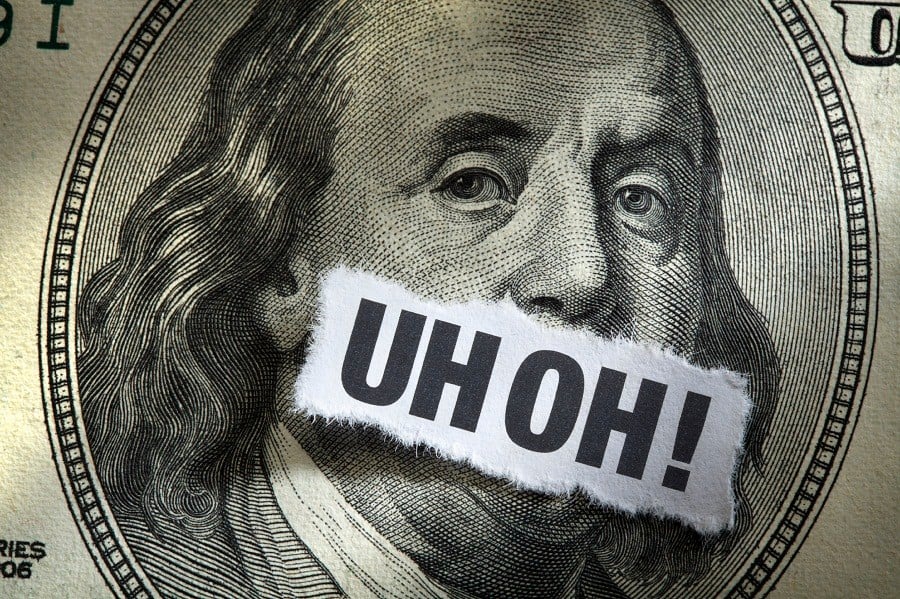T. Rowe Price is discovering that when you vote the wrong way in a buyout deal, you repent at leisure — and with millions of dollars.
The Baltimore mutual fund giant made a rare error by voting in favor of the 2013 buyout of Dell by founder Michael Dell,
according to the Wall Street Journal. The company had opposed the deal, saying it undervalued the 30 million shares held in T. Rowe Price mutual funds.
T. Rowe could have collected about $190 million in the settlement, but its vote disqualified the company from suing for more money. Mr. Dell and his partners, Silver Lake Partners, will have to pay some investors about $35 million in the wake of the June 1 ruling by a Delaware special court.
The ruling is particularly embarrassing for T. Rowe Price, which asked Delaware Judge Travis Laster to appraise its shares in February 2014. At the time, the company said it had not voted for the deal. But in August of that year, it reported that it had voted for the deal to federal regulators.
The ruling seems to leave the company with few options. “We're in the process of reviewing the court's opinions and considering our options,” T. Rowe Price spokesman Brian Lewbart said.
Fund companies vote in
thousands of proxies, a routine but administratively complex undertaking. “T. Rowe Price has taken a lot of back-office effort and tried to make them more efficient,” said
Todd Rosenbluth, director of ETF and mutual fund research for S&P Global Market Intelligence. “Their eye wasn't on the ball properly.”
Normally, mutual fund companies tend to be passive in proxy votes, preferring to sell shares rather than engage in proxy battles.
Investors in T. Rowe price funds probably shouldn't be waiting for a big fat bump from any adjustment from T. Rowe Price. Assuming a payout of $190 million for about 30 million shares, investors would get about $6.33 a share in compensation. But it would be unusual for any fund to have more than 2% to 5% of its assets in any one stock. “Those are well-diversified funds,” Mr. Rosenbluth said. “Anything you're missing out on is unfortunate as a shareholder, but the error probably didn't hurt the funds too much.”
Citigroup, in a research note, said it was most likely that the fund company, rather than the individual funds, would foot the tab. They estimate the mistake would cost the stock about 80 cents a share, but doubts the payout would affect the stock in the short or long term. And, while the mistake modestly hurts the T. Rowe Price brand, its efforts to do the right thing by shareholders offsets some of the damage, Citi said.







